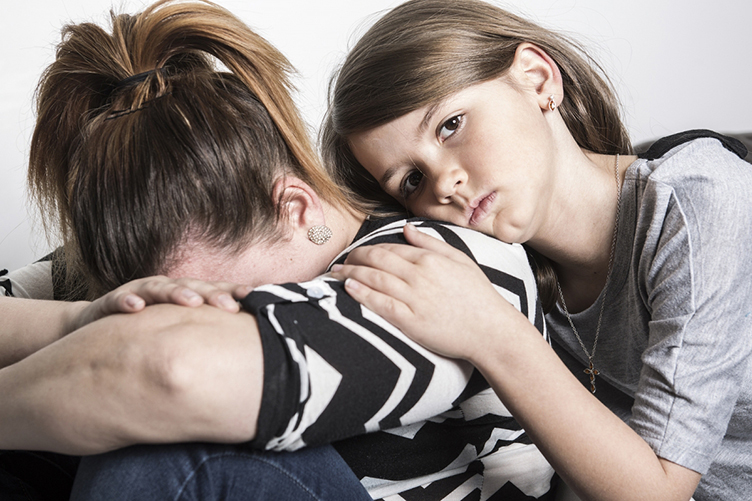
Child Custody & Domestic Violence
The California legislature recognizes that any potential exposure to domestic violence is contrary to the best interest of a child, and mandates that any court order must ensure the safety of a child and the child’s family. Judges are required to consider any history of domestic violence or abuse when making custody decisions, whether with regard to legal or physical custody. Therefore, any history of domestic violence or abuse can have a defining impact the outcome of a child custody case.
Domestic violence as defined by the state of California can take various forms, which can include attempting to cause bodily harm or causing it through recklessness, purposely or recklessly causing a person to reasonably fear they are in danger, harassment, stalking, unwelcome phone calls, verbal or emotional abuse, social isolation, sexual abuse, or economic abuse (where one person abuses control over household finances.)
Victims of domestic abuse and violence can include a child or a person who shares a child with the perpetrator, or with whom the perpetrator currently or previously cohabitated or who is related by blood or marriage, or a current or former spouse or other person who has shared an intimate relationship with the perpetrator (where marriage, affection or sex was expected without remuneration.)
In weighing the best interest of a child in a custody decision, a judge must specifically consider any history of abuse by a parent against the other parent or any child who is a legal or blood relative of either parent, or against any child for whom the abusing parent has ever acted in a caretaker role, as well as any history of abuse against the other parent’s parent, spouse or person with whom the other parent cohabitates or shares an intimate relationship.
Presumptive Loss of Custody
California courts presume that a perpetrator of any domestic abuse within the previous five years cannot share custody of a child. This presumption can only be rebutted if affirmative evidence is presented, and a judge is convinced, that the best interest of a child would be served by awarding some form of custody to the abusing parent.
In weighing such evidence, the judge may consider whether the abuser is on probation or parole or subject to any current restraining orders and whether they have complied with all of the attendant requirements, and whether the abuse is ongoing or formed a pattern over time or was confined to a single incident. The judge may also consider whether the abuser has completed a treatment program for batterers, or any drug & alcohol or parental counseling programs.
If such evidence is not presented, or if the court does not find such evidence convincing, a judge may order that any visitation with the abusing parent be supervised by a third party, or may impose other conditions such as prohibition of overnight visits, or visitation may be denied entirely.
In a situation where an emergency protective order exists and there is evidence of domestic abuse, the court can award temporary custody to the other parent, and may restrict the visitation of the accused parent. In general, the court can order any action it considers appropriate at any time during a custody proceeding if the judge determines that there may be a threat to the child’s safety.
Permanent Loss of Custody
In the case of extreme neglect or abuse, the court can permanently and irrevocably terminate the abusing parent’s right to legal and physical custody of the child.
How is a History of Domestic Violence Established?
Outside of a criminal conviction for domestic violence, the court may also consider other criminal convictions and any domestic violence restraining orders or other court orders, as well as police reports and reports from government agencies such as Child Protective Services or welfare agencies. It may also weigh reports from healthcare facilities or other advocacy and nonprofit agencies.
How can we help?
Lurkis, Joyce & Del Bove
It is our mission to empower our clients by informing them and helping them make decisions to shape the future in the best interests of their families, their children, and themselves. Reach out you have any questions about how Lurkis, Joyce & Del Bove LLP can assist you in your current needs, and speak with one of our compassionate attorneys in a consultation.

